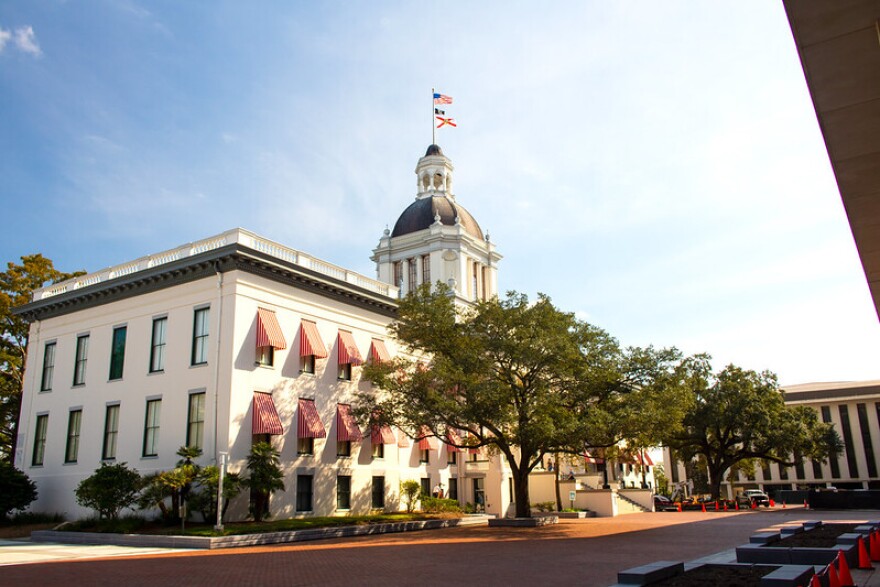Sen. Travis Hutson (R-Palm Coast) says businesses should be able to claim damages from local governments if they pass an ordinance that causes a revenue loss of 15% or more. Hutson is sponsoring a bill (SB 620) in the upcoming session that paves the way for that. The proposal was introduced to the Senate Judiciary Committee last November and was approved by a 7-4 vote. To file a claim, businesses must have been operating for more than three years, and must give 180 days’ notice.
Bill Herrle, the executive director of the Florida branch of the National Federation of Independent Businesses, believes the goal of the bill makes good economic sense because it will help ensure all business are largely following the same rules.
“NFIB supports legislation that will help keep our economy unified,” says Herrle. “That will keep any corner of Florida being treated differently from some other part of the state. It remains to be seen if the legislation advances and if it’s workable.”
Others are worried the measure could give businesses too much power.
“What we're concerned about is what this bill will do is essentially create these fly-by-night de facto lawmakers who will basically take your job,” said Rich Templin, a representative from the Florida AFL-CIO. Templin says all it would take to put an ordinance on hold is one business filing a claim, practically reversing the work done by local governments.
Another group to come out strongly in opposition to SB 620 is the Florida League of Cities, who believe local governments will be hindered by legislation. Rebecca O’Hara, Deputy General Counsel for the League, believes the measure creates a slippery slope because she worries businesses could file claims over a broad variety of ordinances.
“A parking ordinance or a traffic circulation ordinance that applies to everybody,” said O’Hara. “Whether you're a resident, whether you're a visitor just passing through, or whether you're a business. Those types of ordinances could fall under this bill and give rise to claims by businesses.”
O’Hara worries the measure opens governments up to a myriad of lawsuits. She says there’s no downside for business to file the suits since local governments would be on the hook for legal expenses in most cases. She also worries in the end, taxpayers will be hurt the most.
“The notable thing about this new tort is that it imposes strict liability on the local government. What that means is that local government can be liable regardless of whether it intended to cause that impact on the business. The folks that are getting get harmed by this bill, are going to be regular old taxpayers just like you, me and everybody else.”
If passed, O’Hara believes the financial implications will be most severe for smaller municipalities that don’t have the funding to fight these claims in court.
Copyright 2022 WFSU. To see more, visit WFSU. 9(MDAyNDY5ODMwMDEyMjg3NjMzMTE1ZjE2MA001))




